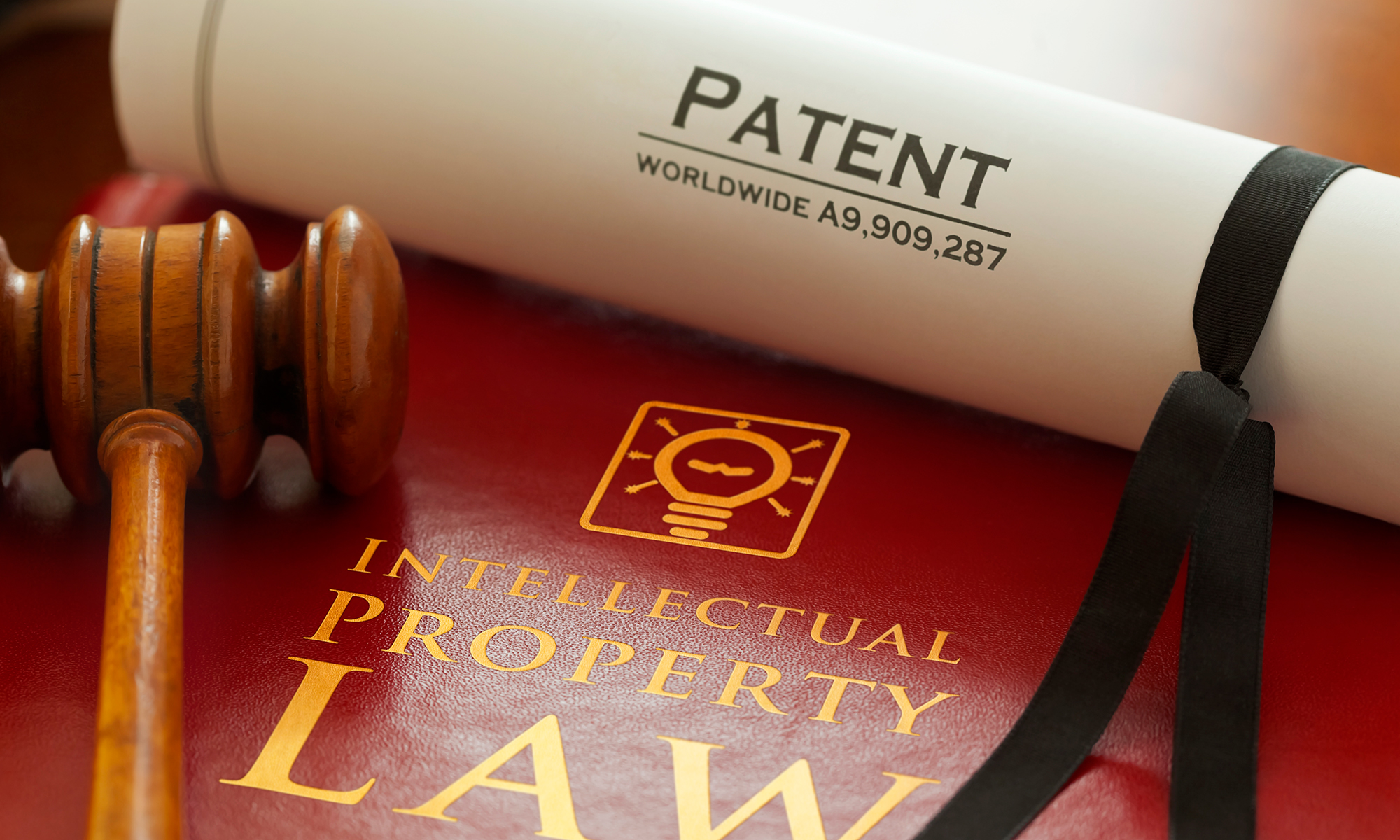This blog post was co-authored by Nicole Candelori and Justus Getty.
In a break from previous cases on the issue, the Federal Circuit in January issued an en banc decision holding that time-bar determinations in inter partes review (IPR) proceedings are appealable. Wi-Fi One, LLC vs. Broadcom Corporation Nos. 2015-1944, 2015-1945, 2015-1946, 2018 U.S. App. LEXIS 387 (Fed. Cir. Jan. 8, 2018). As a result, decisions of the Patent Trial and Appeal Board (“Board”) finding claims of several Wi-Fi One, LLC (“Wi-Fi One”) patents to be unpatentable were remanded to the Board for consideration of whether the petitioner, Broadcom Corporation (“Broadcom”), was time-barred from bringing the petitions.
Under 35 U.S.C. § 315(b), an IPR may not be instituted if a petition is filed more than one year after the petitioner, real party in interest, or privy of the petitioner is served with a complaint for patent infringement. In a 2015 decision, the Federal Circuit had held that a determination by the Board that a petitioner was time-barred was non-appealable. Achates Reference Publishing, Inc. v. Apple Inc., Achates Reference Publishing, Inc. v. Apple Inc., 803 F.3d 652, 658 (Fed. Cir. 2015). In that case, the Federal Circuit based its decision on the language of 35 U.S.C. § 314(d), which states that the Director’s determination “whether to institute an inter partes review under this section shall be final and nonappealable.” Continue reading “Federal Circuit Reverses Course, Allows Appeal of Time-Bar Determination”
